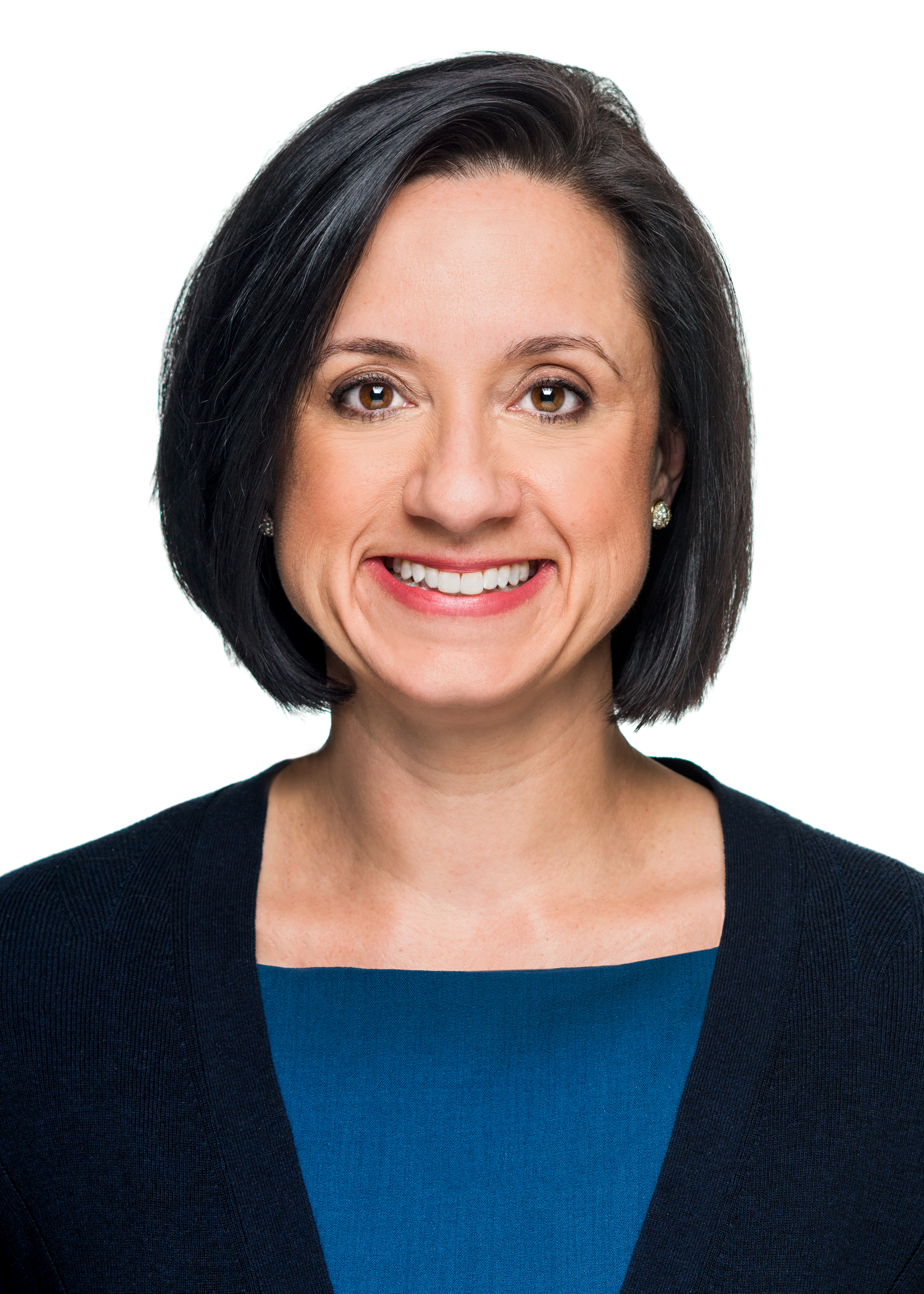When we talk about the “future of work,” so many ideas and theories come to mind. From AI to hybrid work to skills-based learning (and more), there are several timely topics that are a part of this conversation. Relatedly, anticipating emerging trends is top of mind for leaders across industries and contexts.
Yet there’s another conversation worth having, and one that I’ve been focused on lately: How and what can we learn from history to help us design a more human-centered future of work? I recently connected with futurist and business strategist Regan Robinson for her expert insight into this connection. We explored her unique perspective on futurism, the importance of using history to shape the future, and practical advice for leaders seeking a more forward-thinking approach to sustainable leadership development.
Laura: You are a futurist, which is a fascinating field to me. What has been the most exciting about your work recently?
Regan: What excites me is the recent culmination of my hypothesis around the need to approach futures thinking differently. In 2018, I started sensing that traditional foresight methods didn’t fit into the day-to-day business realities and budgets of most leaders. I also felt strongly that something as profound as the future shouldn’t be left to large organizations and consulting firms only, especially if we want it to be equal and regenerative.
Now my focus is on empowering a diversity of leaders to cultivate their future fitness using more intuitive, dynamic capabilities. Foresight is a muscle everyone can strengthen regularly, much like what going to the gym weekly does for your body. My aim is to democratize futurism and bring fresh and imaginative ways of spending time in the future to as many visionary, status-quo busting leaders as possible.
Laura: A group of us have been thinking about evolution of work broadly and how we can learn from the past to create a more human-centered future of work. Your work is so critical to this. How are you thinking about—or seeing companies use—insights from the past to help inform the future?
Regan: Most leaders recognize the value of patterns and trends. I’m more interested in how insights from the past help you harness your imagination to explore the future’s possibilities. Imagination (which lies upstream of innovation) is the ability to create an idea of something that doesn’t yet exist. History provides a rich repository to pull from when imagining novel, visionary opportunities.
Laura: If you had to choose, what one or two things can leaders do to help teams understand the benefits of future-focused thinking and approaches?
Regan: Create a culture of continuous learning that rewards curiosity, ambidextrous mindsets and exploring diverse perspectives. When teams see that future-focused thinking is tied to compensation and incentives, they’re more likely to embrace it. Also recognize the cognitive biases and psychological roadblocks to future-mindedness, and support teams with programming to address them.


